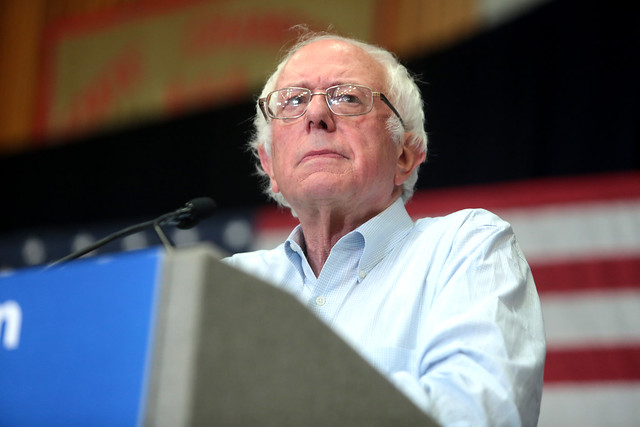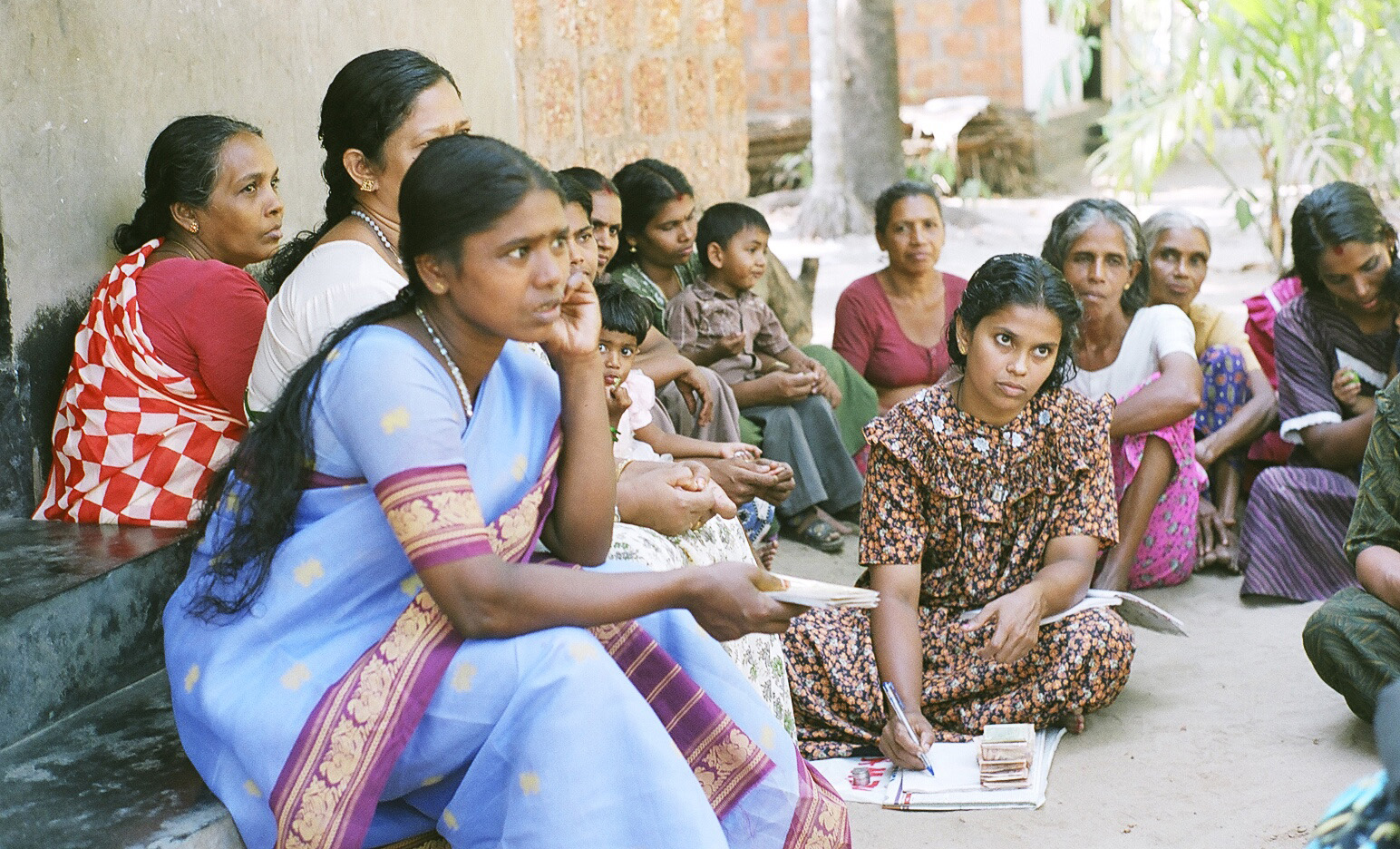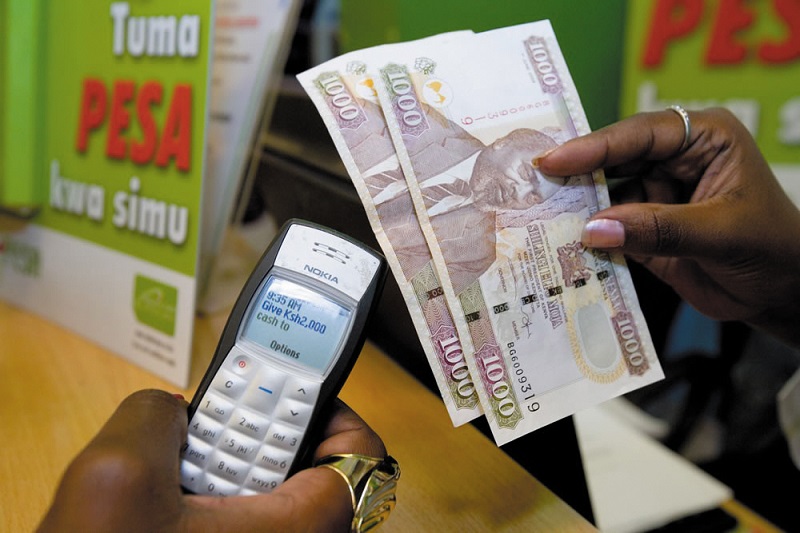This article is the first in a two-part series looking at innovative ways for the U.S. to foster international security through remittances.
An early theme has come to define 2020 Democratic Primary. Even more so than the superfluity of candidates seeking the coveted nomination, the contest has been marked by the proposal of various ambitious policies. From the contentious green new deal and Bernie’s medicare-for-all, to Warren’s tuition-free public college and Bookers’ job guarantee, these litmus tests of sorts have quickly grabbed the attention of the national electorate; and rightfully so. But it’s time we throw another issue into the national conversation, one rarely discussed and even less so understood: remittances, the pompous name for money sent home from foreign workers abroad.
Remittances are a rare beacon of hope in the otherwise messy field of developmental economics; a euphemism of course for the more hostile topic of foreign aid. At a time when ferocious debates rage on in austerity-struck Western nations over the effectiveness and necessity of allocating sparse tax dollars towards foreign aid, remittances cost nothing to taxpayers. Dilip Ratha, the Pissaro, or Picasso, more aptly, of migration economics, was right when he touted these “invisible billions” as a “hidden force in the global economy”; In 2017 alone, an estimated $625 billion was sent by migrants to their home countries, a staggering three times more than the world’s total foreign aid commitments, and 7% more than the previous year. Of the $625 bn, $550 flowed directly into middle and low-income countries.
In many ways, remittance payments serve as de facto foreign aid. In fact, many believe them to be a more potent equivalent, as the money goes directly into the hands of those who need it, while avoiding high administrative fees and potentially corrupt governments along the way. As opposed to short-term foreign aid, which can often have little lasting impact, and leave recipient countries dependent on continued support, remittances are periodic injections of capital that affect the economy as a whole over time, not simply a response to the latest humanitarian crisis. Furthermore, as the IMF points out, “They are targeted to meet specific needs of the recipients and thus tend to reduce poverty.” In most cases, the money is used for basic necessities, such as food, shelter, medicine, and education, spurring social and economic mobility. The World Economic Forum also highlights the fact that “remittances are linked to improved economic, health and education outcomes.” And if you didn’t think those benefits were enough, remittances are also a driving force towards financial inclusion, providing a gateway to banking both for those sending them and those on the receiving end.
Finance has been undeniably upended by globalization. Most of these changes are for the better; we can now transfer money around the world quickier than ever was thought possible. But, as The Economist points out, “one corner of the industry remains trapped in a dusty time wrap: remittances.” As a result, tens of billions of dollars are being choked out of the developing world; the direct result of unnecessary, scandalously high transfer fees from firms like Western Union and Money Mart. While transfering funds from one G7 country to another costs less than 2% (on average), the same cannot be said for transfers to poorer countries, where rates reach as high as 20%. The effects can be pivotal. As Ratha writes, “We’ve known about the issue for a while; the G8 committed in 2009 to the ‘5×5 goal’ of reducing the global average fee for remittances to 5% within 5 years. But despite some progress, we’re still at close to 8% globally and 12% for sub-Saharan Africa.” In fact, by reducing remittance rates globally by just 5% globally, developing nations would receive an additional $20 bn annually.
The U.S. is the largest sender of remittances globally, accounting for nearly a quarter, or $148 billion, of all global transfers; seldom-cited accolade it should proudly boast. But with this comes a certain responsibility, and an opportunity to take the lead on global remittance reform, and that starts with the 2020 Democratic Primary.
Featured Pictures: U.S. Senator Bernie Sanders speaking with supporters at a campaign rally for former Secretary of State Hillary Clinton at Central High School in Phoenix, Arizona, “Bernie Sanders” (November 6 2016), by Gage Skidmore via Flickr. Licensed under CC BY-SA 2.0.
Disclaimer: Any views or opinions expressed in articles are solely those of the authors and do not necessarily represent the views of the NATO Association of Canada.




